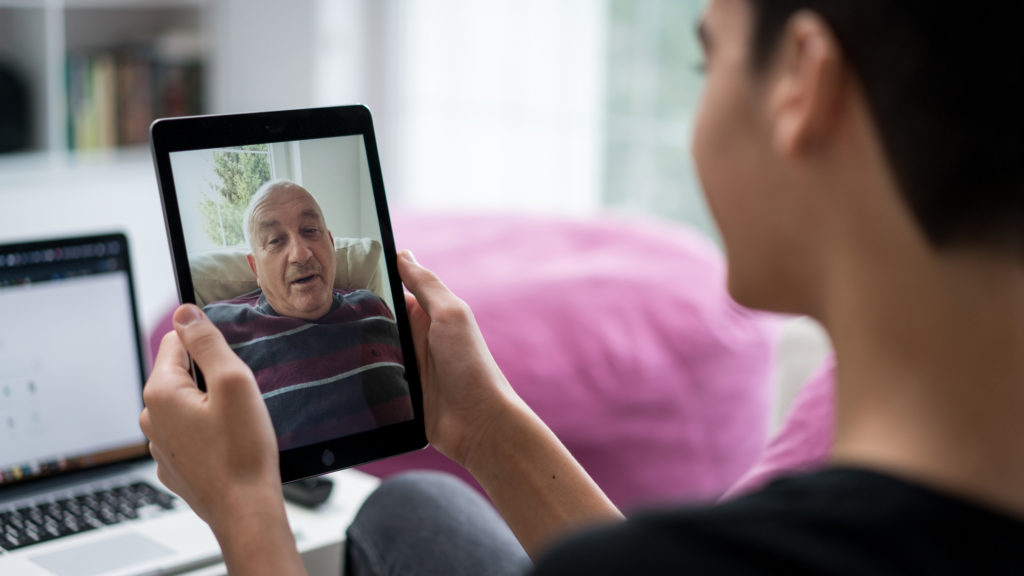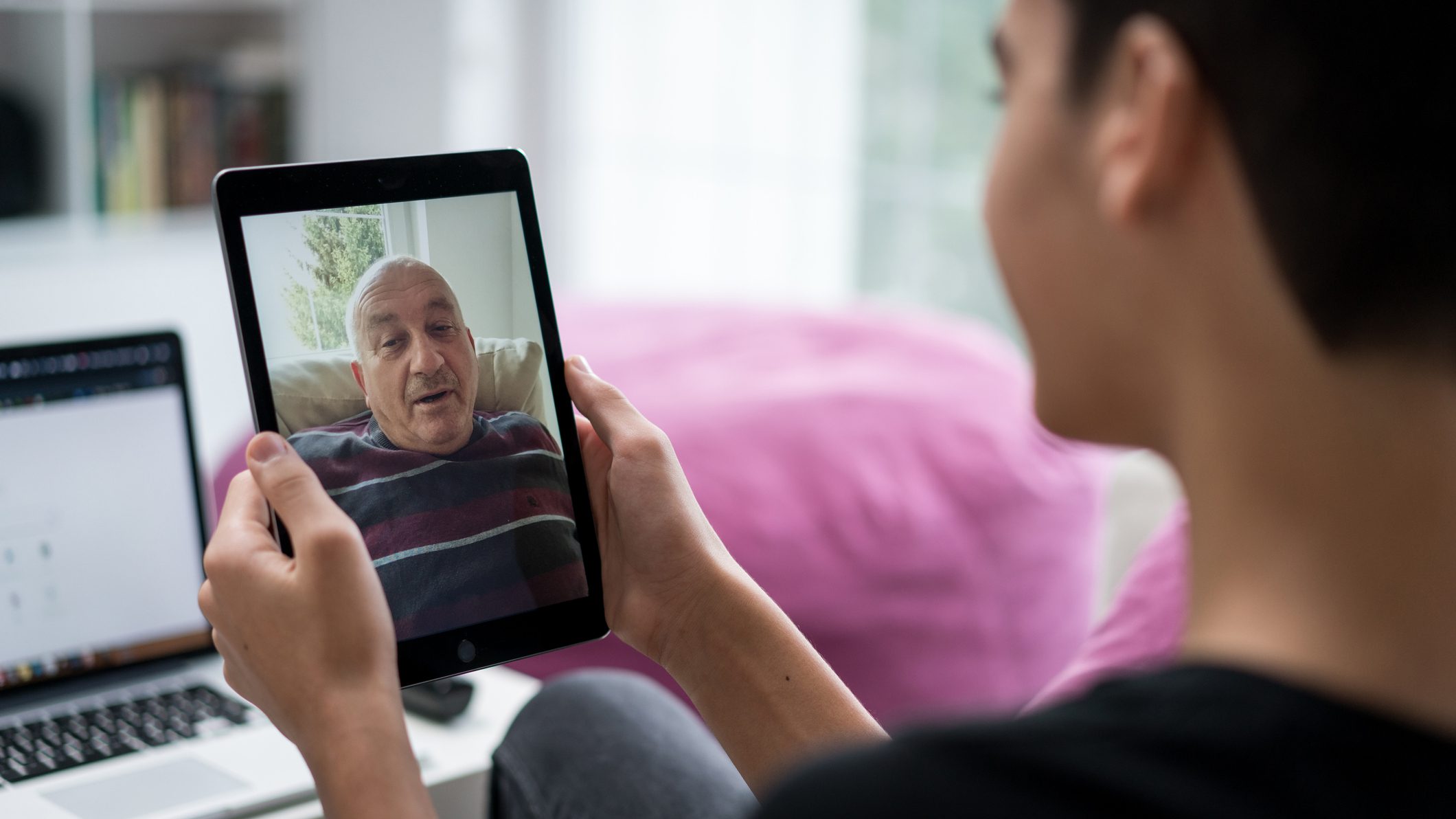
The state of Florida is creating a whole new way for those in assisted living facilities to connect with their loved ones with the launch of Project: VITAL (Virtual Inclusive Technology for All). The Florida Department of Elder Affairs is partnering with the Alzheimer’s Association and others to help bridge the divide of social isolation by providing tablets to residents of nursing homes and assisted living facilities so when their families cannot physically be there, they can still visit virtually.
“In order to protect our Florida residents especially our elders, from the dangers of COVID-19, we have enacted social distancing measures to keep people safe,” said Governor Ron DeSantis. “Project VITAL utilizes methods of personalized communication tools such as video call connections, online support tools, and customized applications to allow residents to continue connecting with their loved ones during these tough times though various virtual platforms.”
During the initial phase of the pilot program, project leaders will work with 150 care communities and supply two tablets per community along with virtual training on how to use the equipment, platform, and applications as well as proper sanitization of each tablet from resident to resident.
“Through Project: VITAL, the Department has collaborated with our state’s healthcare community to enact the best practices for support, care, education, and awareness to all those who are suffering the effects of social isolation during the COVID-19 pandemic,” said Secretary Richard Prudom, Florida Department of Elder Affairs. “We’re hoping the use of these customized tablets will facilitate critical connections with families during these challenging times and hope the project is effective with making positive family connections that we can use for sustainable models in the future.”
With social isolation being a major threat to overall health and wellbeing, this program is attempting to thwart that by helping residents realize their loved ones are never farther away than a tap on a tablet.
The hope is that even after the threat of the virus has passed, using this widely available and relatively inexpensive technology will allow for the later stages of life to be more meaningful, relevant and connected than previously possible.

